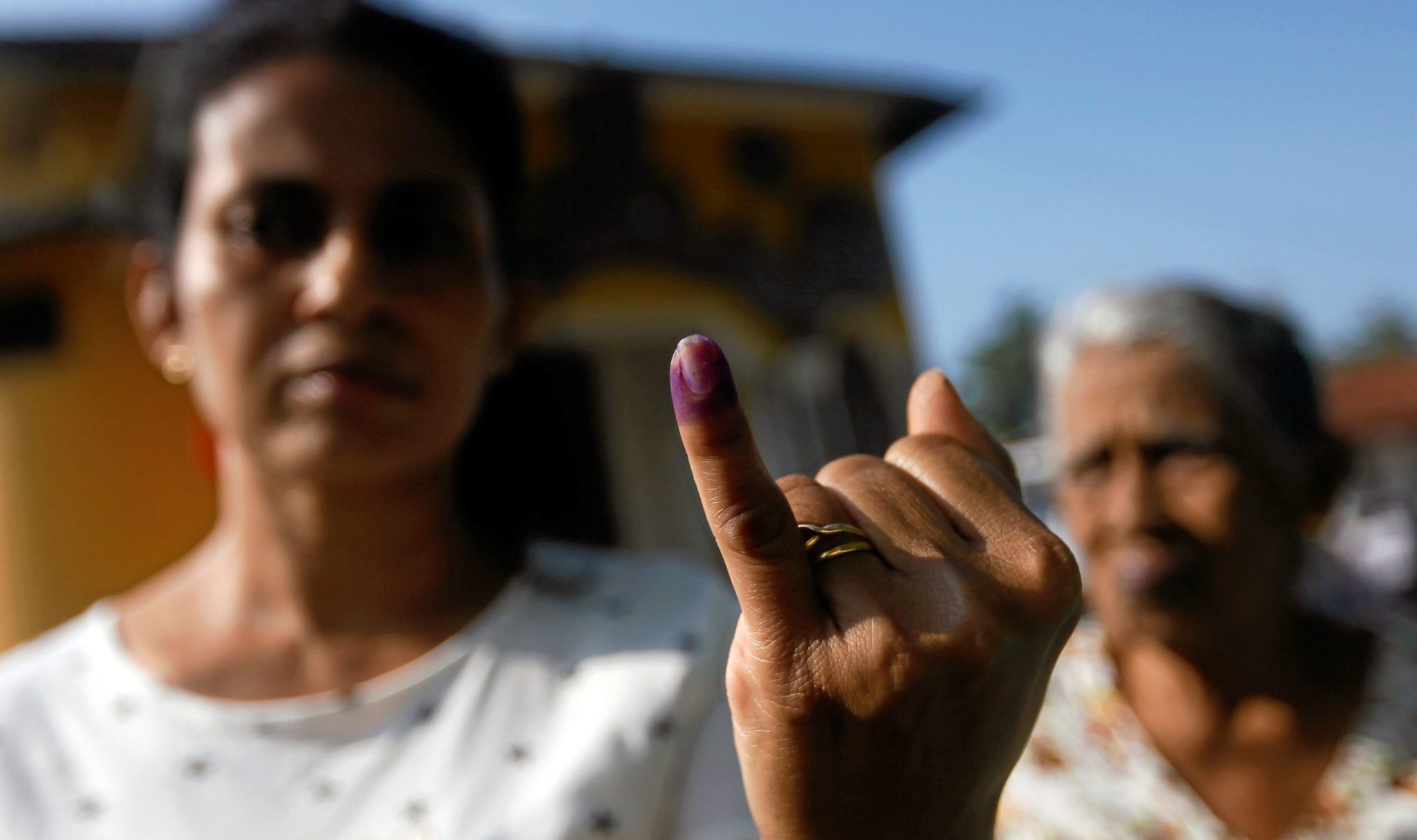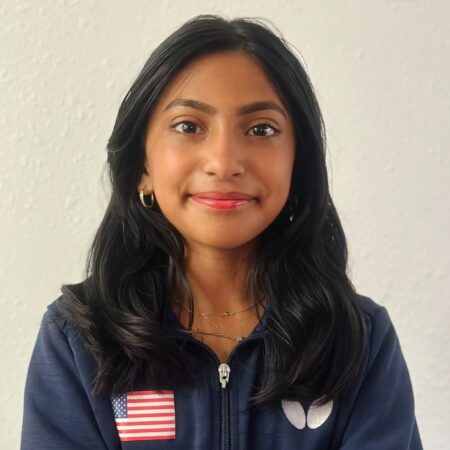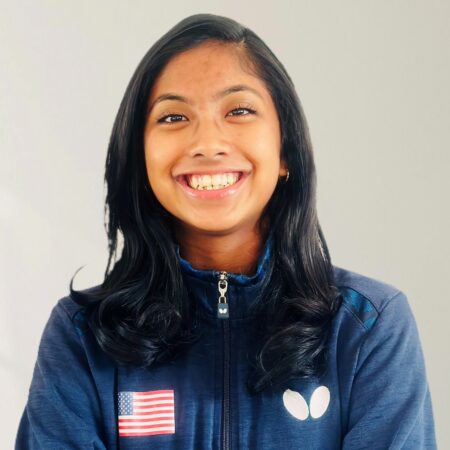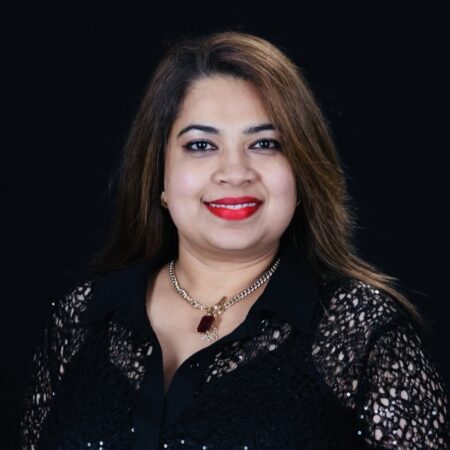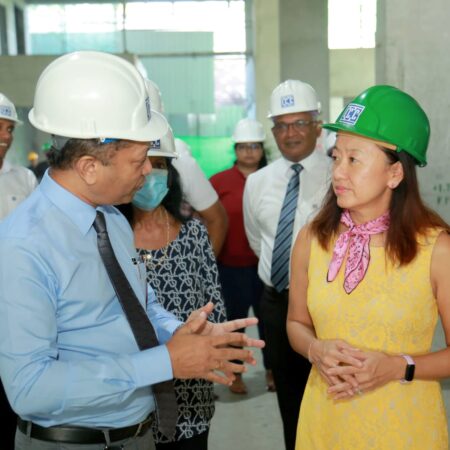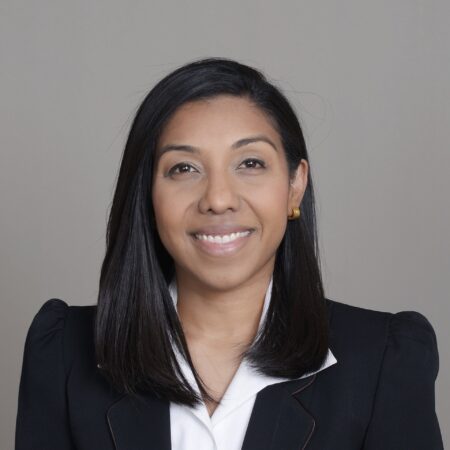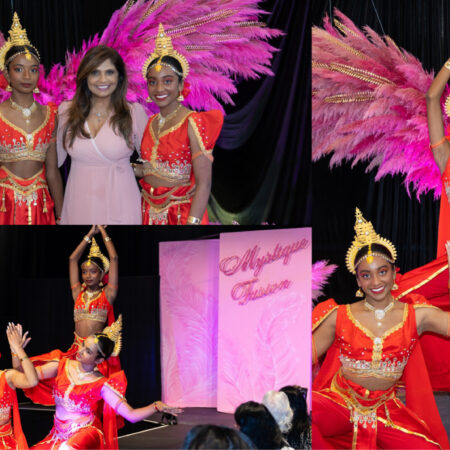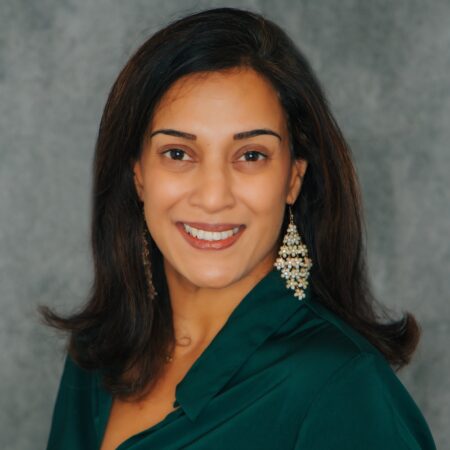Being among the relatively few top female politicians in South Asia isn’t easy. One of Sri Lanka’s most prominent female politicians, Rosy Senanayake, at the time a lawmaker in parliament, was once told by the transport minister that he was unable to respond to her question because she was too beautiful.
But an electoral experiment that’s just beginning in Sri Lanka—and that has long been sought by female politicians and activists in the country, including Senanayake—aims to bring a lot more women into office, and hopefully eventually into higher office.
An amendment to local electoral law to reserve 25% of all seats to women was passed in 2016, and was first applied in local elections on Saturday (Feb. 10). That meant a record number of women contested the elections to local offices—17,000 out of the more than 56,000 candidates in all for over 8,000 posts. In local elections in 2011, under 100 women won office.
Sri Lanka was a pioneer in having a woman prime minister, Sirimavo Bandaranaike, widow of prime minister S.W.R.D. Bandaranaike, as early as 1960 (later their daughter Chandrika Kumaratunga became president). But women’s political representation, in general, has stagnated. Sri Lanka has under 2% representation of women in local office and less than 6% at the parliamentary level. In Bangladesh, by comparison, more than 20% of lawmakers are women.
More broadly, the elections look set to have returned a landslide victory for the opposition Sri Lanka People’s Front party, formed by ex-president Mahinda Rajapaksa, who was unseated in 2015, and replaced by reformist president Maithripala Sirisena.
Senanayake, 60, ran for and won election as mayor of Sri Lanka’s capital Colombo—and will be the first woman to hold that position. Not that she needed the quota law herself—she’s a well-known face as a long-time campaigner for women’s and children’s rights, who first ran for office in 2009, after serving as the country’s top diplomat to Malaysia. A former national lawmaker and minister, she most recently was spokersperson for the prime minister’s office.
Courtesy of https://qz.com





